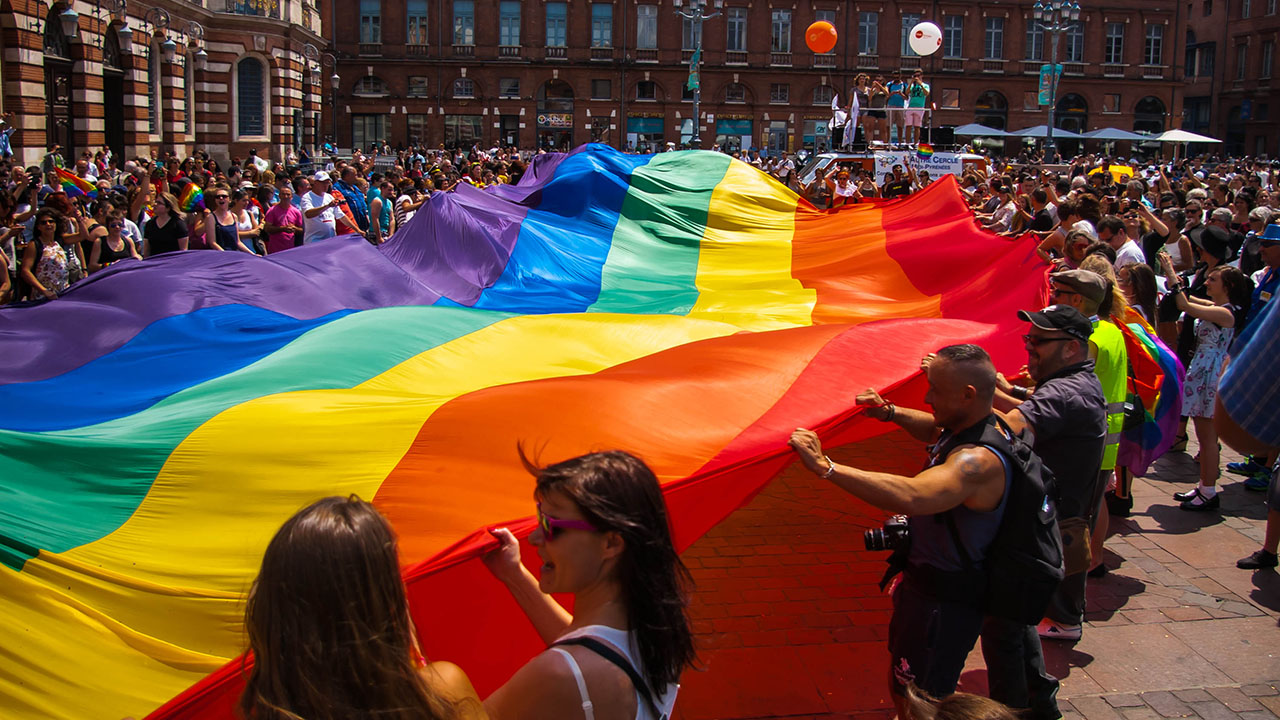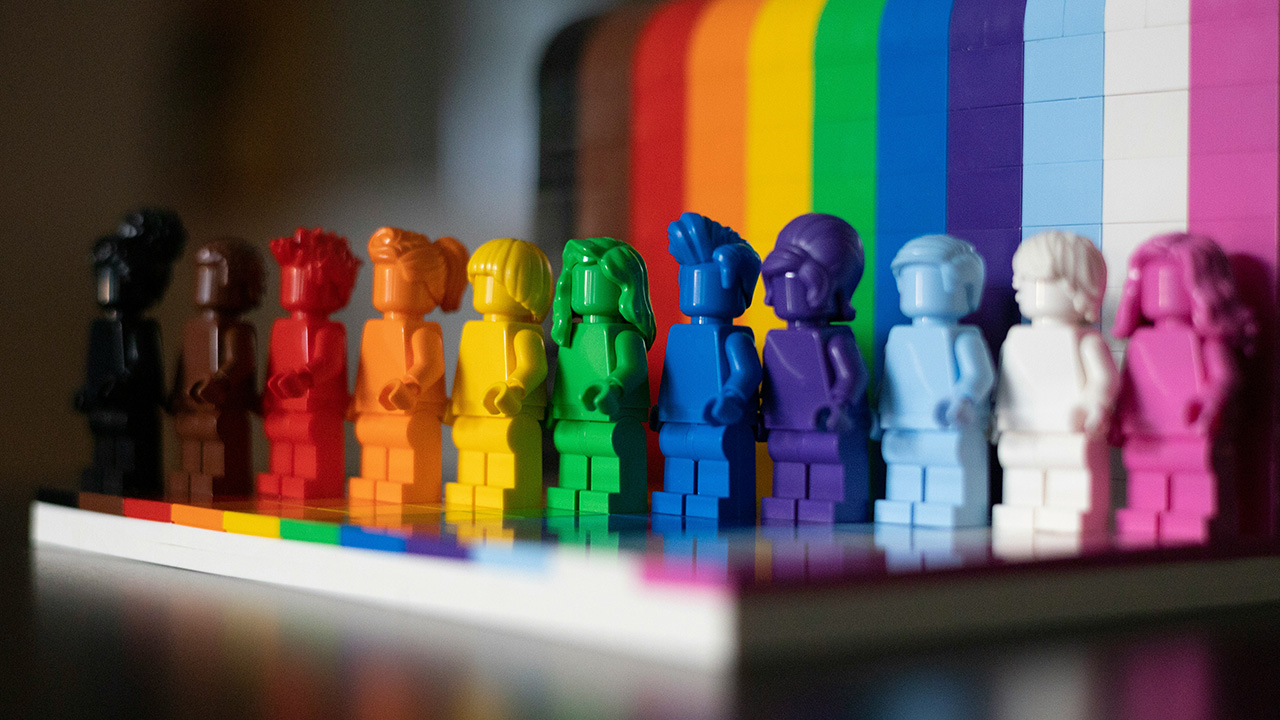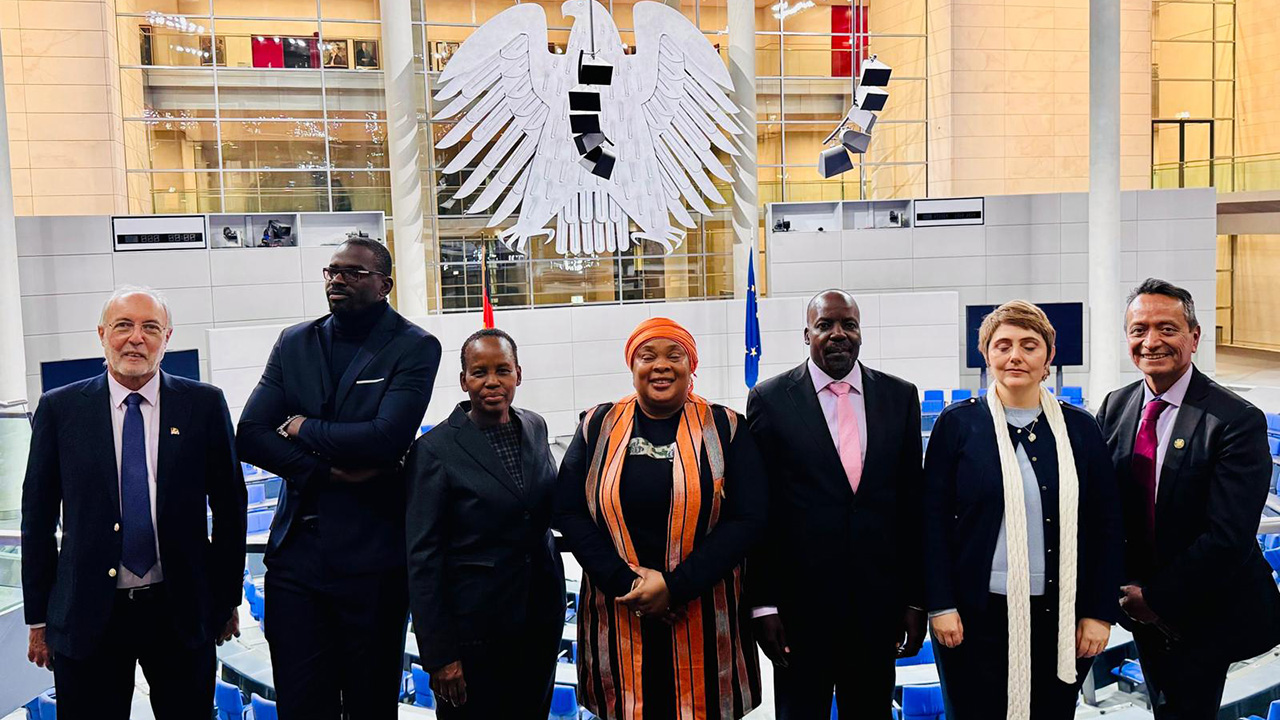
On August 10th, 2016, Belize’s Supreme Court overturned the country’s “anti-sodomy” law (Section 53 of the Criminal Code), which criminalized consensual sexual relations between adults of the same sex, as a violation of the Constitution of Belize.
The Supreme Court ruled that Section 53 contravened constitutional protections of equality, dignity and personal privacy. Belize’s “sodomy” ban was the first one in a former British colony in the Caribbean to be judicially overturned.
To celebrate the first anniversary of this historic decision, various LGBTI civil society organizations in Belize have come together and will be organizing the first Gay Pride Week in the country this upcoming August (the week of August 6th). This event promises to be an important affirmation of the equal dignity of LGBTI people in Belize – especially at a time when the Supreme Court ruling is being appealed by the Belizean government – and will represent a major step forward in a country where activists have in recent times been forced to avoid Pride parades due to threats, intimidation and fear of violence.
Today, June 28th, we celebrate LGBTI Pride Day, which commemorates the Stonewall riots that started on this date in 1969 and are widely considered to have sparked the gay liberation movement. Many Pride events are held during the month of June (LGBTI Pride Month) all over the world to recognize LGBTI people and their contributions to society. In other cases, like Belize’s Gay Pride Week, Pride events commemorate a turning point in a country’s LGBTI history (for example, Moscow Pride in May for the anniversary of Russia’s 1993 decriminalization of homosexuality).
LGBTI Pride (or Gay Pride) has been defined as the positive stance against discrimination and violence toward LGBTI people to promote their self-affirmation, dignity and equal rights, increase their visibility as a social group, build community and celebrate sexual diversity and gender variance.
The first Gay Pride march in the history of the United States took place in New York on this date in 1970 to mark the first anniversary of the Stonewall riots. The next year, Wikipedia indicates, Gay Pride marches took place in Boston, Dallas, Milwaukee, London, Paris, West Berlin and Stockholm. By 1972 the participating cities included Atlanta, Brighton, Buffalo, Detroit, Washington D.C., Miami, Philadelphia and San Francisco.
Today, it would be impossible to list the innumerable cities in every corner of the world that join in the global Pride “march” to celebrate LGBTI people and demand the full recognition and protection of their equal rights. Pride, like courage, is inspiring. And cheers for that!
However, Pride still has some places to reach. Sadly, LGBTI phobia and stigma – still prevalent in many regions and communities and often combined with hate, fear and ignorance – make the celebration of public Pride events challenging, dangerous and in numerous cases, impossible. This needs to end.
This is why the important example of Belize’s planned first Gay Pride Week is so heartening and a reminder that similar examples in other countries need to be supported. This website contains practical suggestions for parliamentarians to take action, in their different roles, in order to advance the human rights of LGBTI people. For example, in their representation role, parliamentarians can get to know LGBTI organizations, support their events, participate in Pride parades and speak publicly in support of the rights and inclusion of LGBTI people.
The extension of LGBTI Pride events to Belize and elsewhere reminds us that love can overcome hate and that mutual respect is stronger than prejudice. On the occasion of LGBTI Pride Day, at PGA, we would like to stress the humanity and dignity of all people – regardless of their particular sexual orientation, gender identity/expression or sex characteristics – and everyone’s right to be whom they are and be proud of it.




